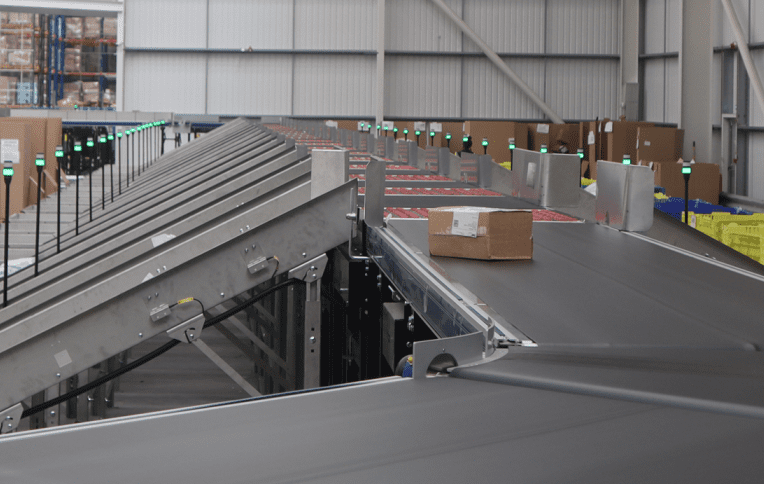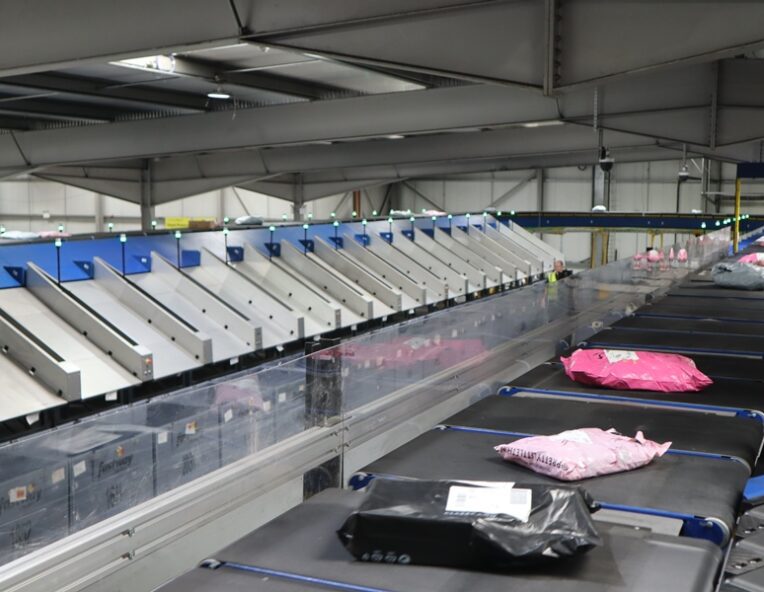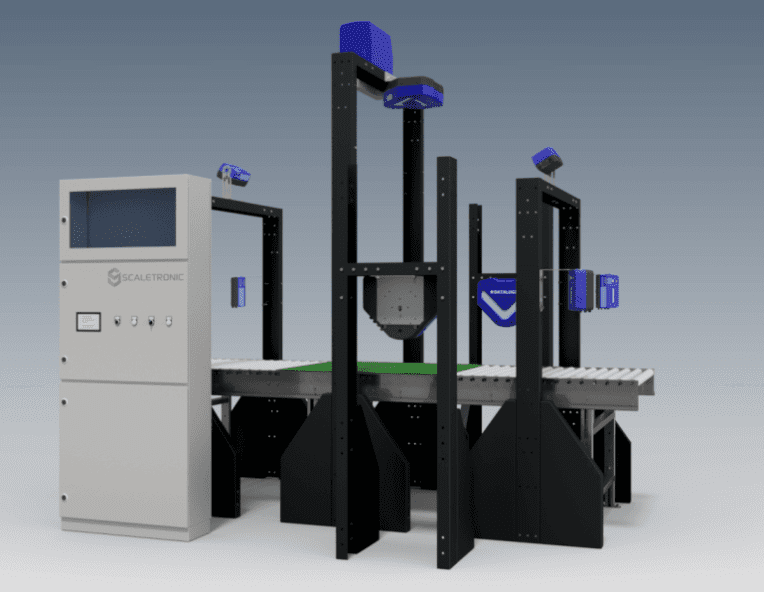The Power of Accurate Data in Logistics
By Rick Edwards | 27/05/2024 | Share:

As e-commerce and global trade continue to grow, companies are increasingly seeking solutions that can keep up with the high demands of fast, reliable, and precise handling of parcels. This is where Dynamic Data Capture (DWS) systems come into play, offering a transformative approach to managing logistics operations. At the heart of these systems lies the power of data – a crucial element that enhances accuracy, supports revenue recovery, and ensures compliance with Legal For Trade systems.
Understanding Dynamic Data Capture Systems
Dynamic Data Capture Systems are advanced technological solutions designed to automatically capture key data points about parcels, such as their dimensions, weight, and barcode information. These systems integrate seamlessly into logistics operations, providing real-time data capture that eliminates the need for manual entry and reduces the potential for human error.
The core components of a DWS (Dimension, Weigh, Scan) system typically include dimensioning equipment, weighing scales, and barcode scanners, all of which work together to collect comprehensive data on each parcel as it moves through the processing line. This data is then used to optimize various aspects of the logistics process, from sorting and routing to invoicing and compliance.
Enhancing Accuracy in Parcel Processing
Accuracy in parcel processing is critical for several reasons. Firstly, it ensures that parcels are sorted and routed correctly, reducing the risk of delays and misdeliveries. Accurate data capture also supports inventory management by providing precise information about the parcels being processed.
DWS systems enhance accuracy by capturing data in real-time and with high precision. Advanced sensors and measurement technologies ensure that even the smallest variations in parcel dimensions and weight are detected. This level of accuracy is essential for maintaining the integrity of the logistics process and ensuring that customers receive their parcels on time and in the right condition.
Revenue Recovery Through Accurate Data
One of the most significant benefits of implementing a DWS system is its impact on revenue recovery. Inaccurate data can lead to incorrect billing, which not only affects the bottom line but can also damage customer relationships. By ensuring that all data points are accurately captured, DWS systems help logistics providers generate precise invoices that reflect the true cost of services rendered.
For instance, if a parcel’s weight is underreported, the shipping cost charged to the customer will be lower than it should be, resulting in lost revenue for the logistics provider. Conversely, overreporting can lead to customer dissatisfaction and potential disputes. DWS systems eliminate these discrepancies by providing accurate and verifiable data, thus supporting fair and transparent billing practices.
Moreover, accurate data capture enables logistics providers to identify and rectify any discrepancies in their billing processes promptly. This proactive approach to revenue recovery not only maximizes income but also enhances customer trust and loyalty.
Legal For Trade Systems and Accurate Invoicing
Compliance with Legal For Trade (LFT) standards is another critical aspect of modern logistics operations. LFT systems are regulatory frameworks that ensure weighing and measuring equipment used in commercial transactions meets specific accuracy requirements. In the context of logistics, this means that the data captured by DWS systems must be accurate and reliable to be used for billing purposes.
Implementing a DWS system that complies with LFT standards provides several benefits. Firstly, it ensures that all invoicing is based on accurate and legally recognized measurements, reducing the risk of disputes and legal issues. Secondly, it enhances the credibility of the logistics provider by demonstrating a commitment to compliance and accuracy.
Accurate invoicing supported by LFT-compliant DWS systems also streamlines financial operations. With reliable data, logistics providers can automate their billing processes, reducing administrative overhead and improving efficiency. This, in turn, frees up resources that can be redirected towards other critical areas of the business, such as customer service and operational improvements.
To Wrap It Up
The power of data in logistics cannot be overstated. Dynamic Data Capture Systems represent a significant advancement in the industry, offering unparalleled accuracy and efficiency in parcel processing. By leveraging these systems, logistics providers can enhance the accuracy of their operations, support revenue recovery, and ensure compliance with Legal For Trade standards.
In an industry where precision and reliability are paramount, investing in a DWS system is not just a strategic advantage – it is a necessity. As logistics continue to evolve, the companies that embrace the power of data and implement cutting-edge technologies like DWS will be the ones that lead the way, setting new benchmarks for excellence and customer satisfaction.








